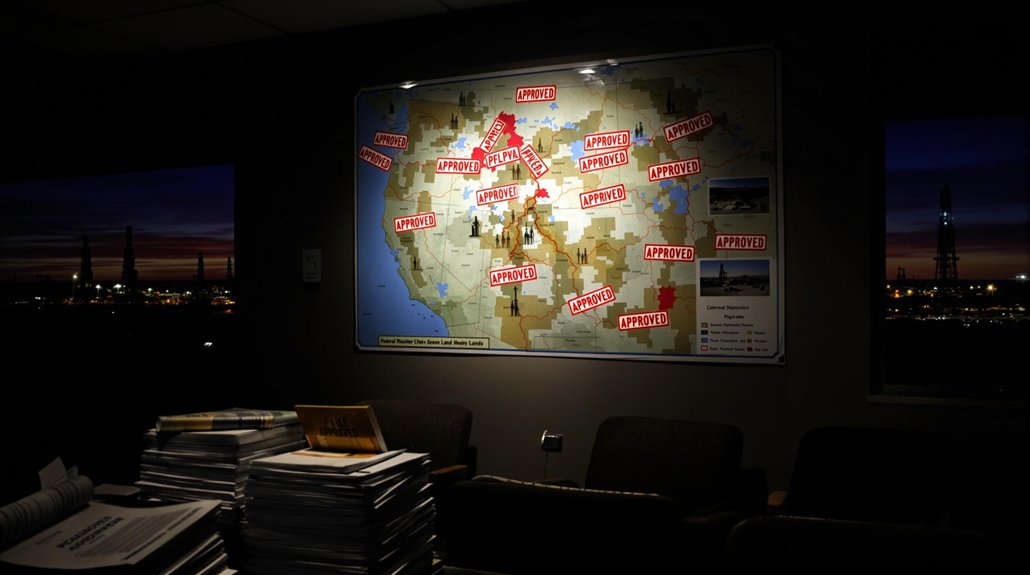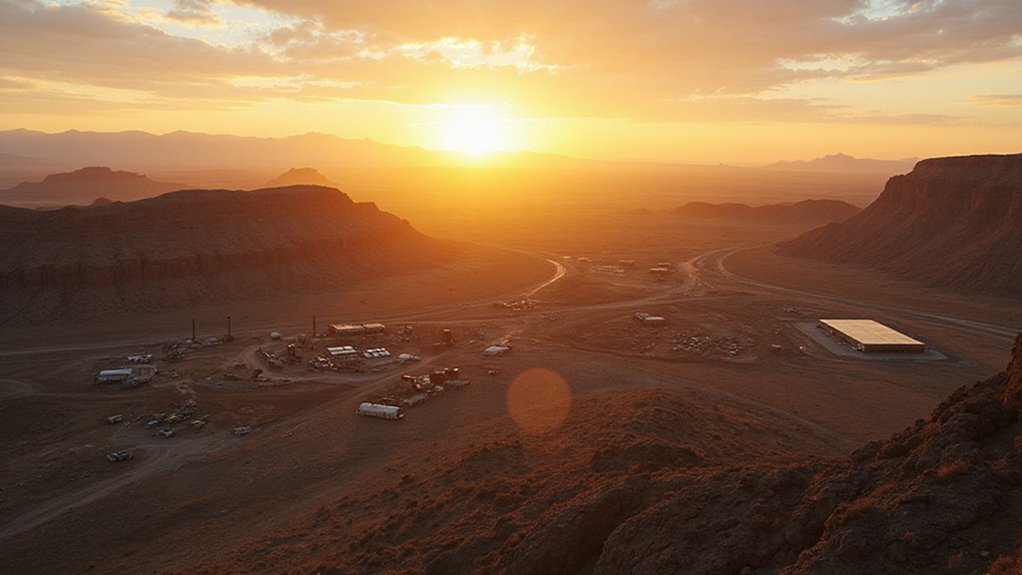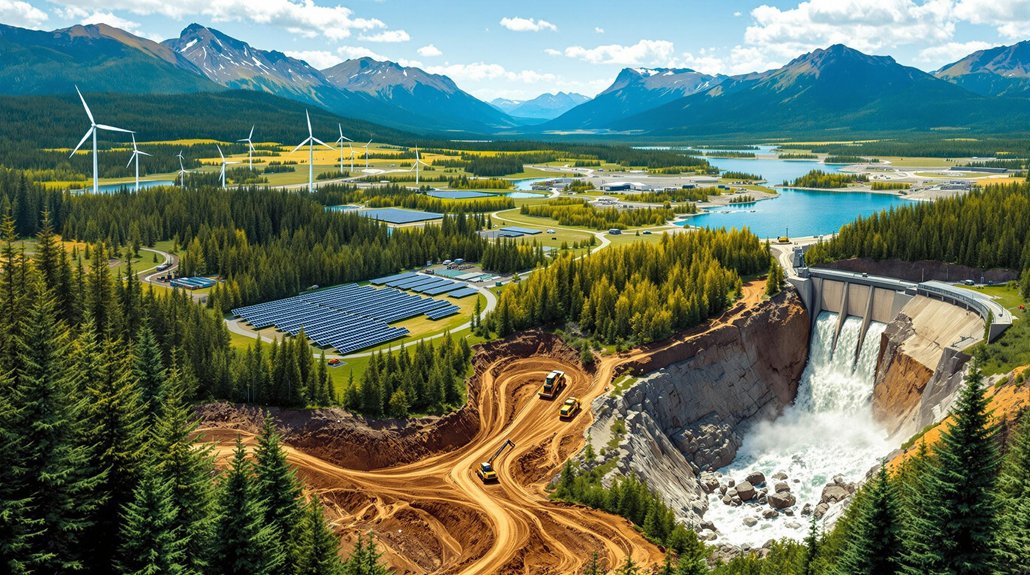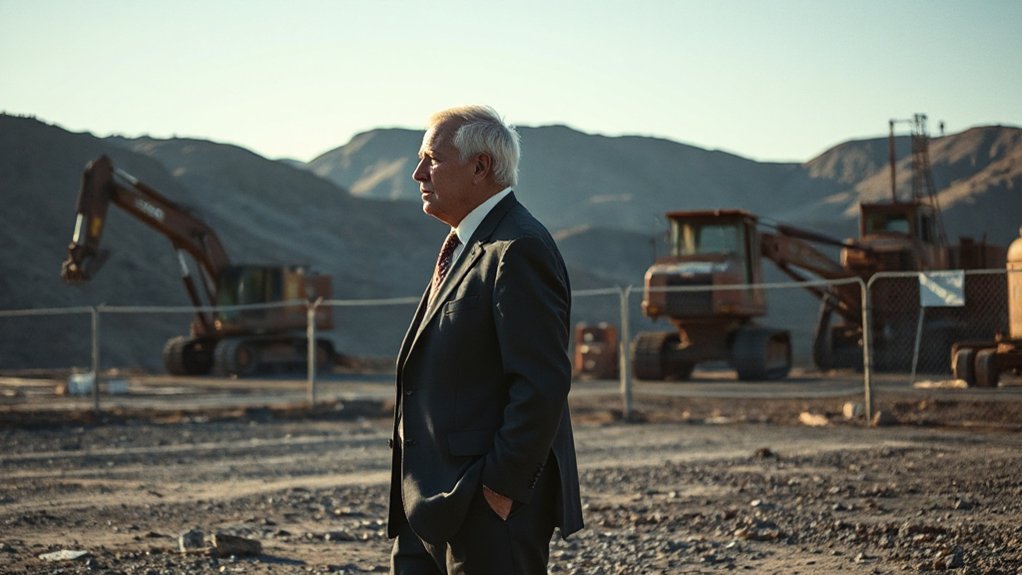The Bureau of Land Management (BLM) has pushed through significant changes to oil and gas leasing regulations without full public input. The changes were made under the “One Big Beautiful Bill Act,” known as OBBB, and took effect July 4, 2025. These amendments mainly affect how BLM defines “eligible” and “available” lands for oil and gas leasing activities.
BLM classified these rule changes as “noncontroversial,” allowing the agency to skip the usual public comment periods and formal hearings. Instead of holding listening sessions or extended review periods, the agency simply published the changes in the Federal Register with a shortened time for the public to respond.
The agency used what’s called a direct final rule process for amendments it considered “technical” or “clarifying” in nature. Some changes didn’t require environmental impact assessments due to categorical exclusion provisions. BLM justified this faster approach by pointing to tight deadlines imposed by the new law.
These regulatory updates directly impact which land parcels can be offered in upcoming lease sales. They also change how the Expression of Interest process works for competitive leasing. Some restrictions from earlier regulations, specifically the 2024 Rule, have been revised or removed entirely, creating new access opportunities for industry stakeholders.
BLM officials described their actions as “ministerial” rather than “discretionary,” which helped reduce procedural requirements. The agency cited compliance pressures from both the Mineral Leasing Act of 1920 and the new OBBB law, which mandate quarterly lease sales.
Energy companies now face new criteria for qualifying lands and submitting lease bids, though many industry groups support the changes. The streamlined process is expected to speed up federal onshore oil and gas leasing activities, with trade associations praising the increased certainty and timeliness in leasing procedures.
The regulatory updates aim to guarantee prompt lease sale scheduling and better inventory management of federal lands available for energy development.
References
- https://www.federalregister.gov/documents/2025/08/01/2025-14626/revision-to-regulations-regarding-onshore-oil-and-gas-leasing-general
- https://www.regulations.gov/docket/BLM-2025-0137
- https://www.federalregister.gov/documents/2025/08/01/2025-14621/revision-to-regulations-regarding-competitive-leases-expression-of-interest-process
- https://www.regulations.gov/document/BLM-2025-0002-0001
- https://www.doi.gov/pressreleases/interior-streamlines-oil-and-gas-leasing-advance-energy-independence-and-economic








